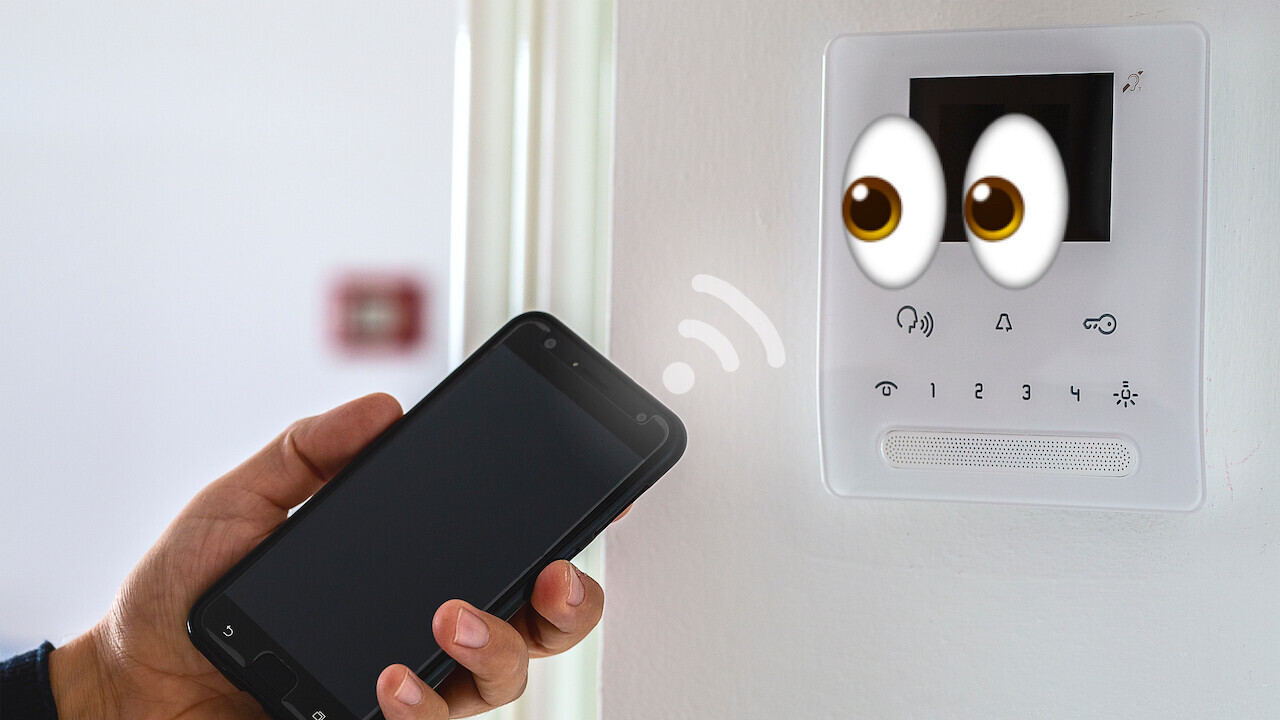Navigating the Ethics Around the Use of Smart Devices

Smart devices have become integral to 21st-century human life courtesy of the several benefits of their use. In the bustling heart of cities for instance, where the rhythm of life pulses through the streets, the glow of screens illuminates faces with an almost ethereal light.
Smart devices, sleek and alluring, have woven themselves seamlessly into the fabric of our daily lives, promising convenience at the touch of a button and connectivity in the blink of an eye. Yet, beneath the surface of this digital utopia lies a complex web of ethical considerations that demand our attention and deliberation.
Smart Devices and Privacy
At the forefront of the ethical debate surrounding smart devices lies the issue of privacy. These ever-present gadgets, with their omnipresent sensors and data-collection algorithms, have become ‘authentic’ sponges, soaking up every fragment of our digital lives.

From the websites we visit to the conversations we have, our every move is meticulously recorded and analyzed, often without our explicit consent. The question arises: to what extent are we willing to sacrifice our privacy in exchange for the conveniences afforded by these devices?
In the mazy corridors of cyberspace, where data flows like water and boundaries blur like shadows, the spectre of surveillance looms large. Governments and corporations alike wield the power of surveillance technologies embedded within smart devices to monitor, track, and control the actions of individuals.
While proponents argue that such surveillance is necessary for maintaining security and order, critics warn of its chilling effect on civil liberties and democratic principles. The delicate balance between security and privacy lies on a knife’s edge, demanding constant vigilance and principled resolve.
Smart Devices, Security and Cybersecurity
Additionally, the rise in the use of smart devices has given rise to concerns about security and cybersecurity. These digital marvels, with their interconnected ecosystems and sprawling networks, offer fertile ground for cybercriminals and malicious actors to induce chaos and wreak havoc.

The threat landscape is broad and constantly changing, presenting a serious threat to the security of both persons and organizations. Examples of these include ransomware attacks and phishing scams. Ensuring robust security measures and implementing stringent cybersecurity protocols are imperative to safeguard against these threats and protect the integrity of our digital infrastructure.
Smart Devices and Societal Issues
Beyond the confines of privacy and security, the ethical implications of smart devices extend to broader societal issues, including digital inequality and environmental sustainability. The digital divide, a gaping chasm that separates the haves from the have-nots, threatens to widen as access to and proficiency with smart technology becomes a social prerequisite for participation in modern society.
Bridging this divide requires concerted efforts to promote digital literacy across the age gaps, expand access to affordable technology by the poor, and address systemic inequalities that perpetuate digital exclusion.

Furthermore, the rapid turnover of electronic devices contributes to electronic waste and environmental degradation, raising questions about sustainability and responsible consumption. The relentless pursuit of technological progress takes a heavy toll on the environment, depleting finite resources for production purposes and polluting fragile ecosystems via waste generated across the value chain.
As stewards of the planet, we must strive to minimize our ecological footprint and embrace sustainable practices that preserve the beauty and biodiversity of our natural world. We must be conscious of our carbon and digital footprint and the effect they have on our lovely planet.
The Way Forward
As we navigate the mucky ethical landscape of smart devices, stakeholders must prioritize transparency, accountability, and user empowerment. Manufacturers must be transparent about their data collection practices and provide users with meaningful control over their personal information.
Regulatory bodies should be proactive in this issue as they play a crucial role in establishing and enforcing standards for privacy, security, and environmental sustainability. Educating users about the risks and implications of smart technology empowers them to make informed decisions and advocate for their rights.
We can all agree that the ethical challenges posed by smart devices are broad and ever-evolving, demanding a subtlety and multidisciplinary approach. We need to foster a culture of ethical innovation while embracing principles of fairness, transparency, and social responsibility. Also, we can harness the transformative potential of smart technology while safeguarding the rights and dignity of individuals in an increasingly interconnected world.






